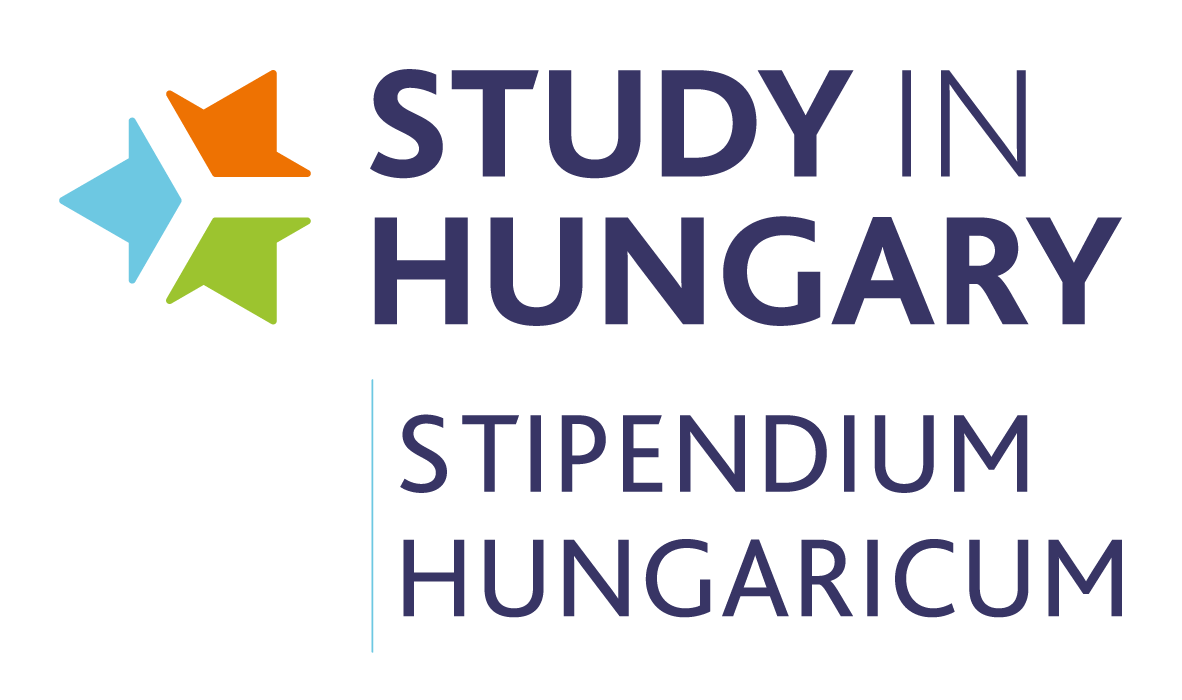- History: Hungary has a long tradition in history – 1100 years. She is one of the oldest countries in Europe. The first groups of Hungarian people arrived to the current location in 896. King Stephen founded the independent state of Hungary in 1000. Head of state is Mr. János Áder, prime minister is Mr. Viktor Orbán. Hungary joined NATO in 1999 and the EU on 1 May 2004. Member of UN since 1955 and of the OECD since 1996.
-
Geography: Hungary is a land-locked country in Central Europe sharing her borders with Austria, Slovenia, Croatia, Serbia, Romania, Ukraine and Slovakia. The population of Hungary is 9 799 000. Her capital city is Budapest with a population of 1.8 million people. Her territory is 93 000 km2. She consists of 19 counties, there are 3154 towns and villages.
-
Population: Over 93% of the population are Hungarians and 99% speak Hungarian. Ethnic minorities: Bulgarian, Greek, Croatian, Polish, German, Armenian, Roma, Romanian, Rusyn, Serbian, Slovak, Slovene, Ukrainian.
-
Main economic figures: Total GDP: 264 221 million euros, GDP/capita: 22 395 EUR, Inflation: 2,1%. GDP growth: 2.0% Unemployment rate: 5,1%. Public debt: 74,1% of GDP. Budget deficit: -1,7% of GDP. Total budget: 58,9 billion euros. Official currency is the Hungarian Forint (HUF). 1 EUR = 305 HUF. Corporate tax – 9%, lowest in Europe, social contribution tax – 22%. (Sources: OECD and Hungarian Central Statistical Office)
-
Foreign direct investment: In 2017 47 new investments arrived to Hungary in the value of 1,3 billion euros creating 8502 jobs. In 2016 this value was 3,24 billion euros. The Hungarian government signed agreements on strategic cooperation with international companies, who have their regional center or factory in Hungary and with the biggest Hungarian companies: for example Audi, Bosch, Coca Cola, General Electric, Hungarian Telekom, Lego, Richter Gedeon, Samsung, and Siemens.
-
Leading sectors in Hungary: car industry, electronics, and informatics. Hungary is proud of its results in health care and agriculture.
-
Education: The Hungarian government introduced a new model in education through the cooperation of leading companies, the local universities, the local government and the government. This helps creating centers for research and development. Good examples are in Győr with Audi and in Kecskemét with Mercedes. Hungary offers 4655 scholarships for the students of 97 countries through the Stipendium Hungaricum program. For Kosovo there are 50 scholarships.
-
Nobel Prize winners (Hungarian and of Hungarian origin): Philipp Lenard, Physics (1905); Robert Bárány, Medicine (1914); Richard Zsigmondy, Chemistry (1925); Albert Szent-Györgyi, Medicine (1937); George de Hevesy, Chemistry (1943); Georg von Békésy, Medicine (1961); Eugene Wigner, Physics, shared (1963); Dennis Gabor, Physics (1971); Milton Friedmann, Economics (1976); Elie Wiesel, Peace (1986); John Charles Polányi, Chemistry, shared (1986); John Harsányi, Economics, shared (1994); George Olah, Chemistry (1994); Imre Kertész, Literature(2002); Avram Hershko, Chemistry, shared (2004). Until 2020 the government wants to increase the support of the research and development sector to 1,8% of the GDP.
-
Sport: 176 gold medals so far on the Olympic Games. In the overall ranking of countries Hungary is the 8th most successful country. Hungary’s most successful sports: fencing with 37 gold medals, swimming with 28 gold medals, kayak and canoe with 25 gold medals, wrestling with 19 gold medals. In the team events, the Hungarian water polo team won 9 gold medals.
-
Tourism: Hungary has a temperate continental climate. The country’s largest rivers are the Danube and the Tisza. Lake Balaton is Central Europe’s largest freshwater lake – 77 km long, 1,5-11 km wide, 596km2. Hungary’s 10 national parks, 37 nature conservation areas and 163 national reserves, covering a total of 836,507 hectares (or 9 per cent of its territory) play an important part in the protection of the country’s indigenous flora and fauna. Hungary’s medicinal and thermal water reserves, by volume second only to Iceland, are of outstanding importance. The temperature of some of its mineral-rich spa water exceeds 70°C. Nearly 1,300 thermal wells are registered today, 270 of which are suitable for recreational purposes. Part of world heritage: the Banks of the Danube, the Buda Castle Quarter and Andrássy Avenue in Budapest, Caves of Aggtelek Karst, Early Christian Necropolis of Pécs, Fertő/Neusiedlersee Cultural Landscape, Hortobágy National Park, Millenary Benedictine Abbey of Pannonhalma and its Natural Environment, Old Village of Hollókő and its Surroundings, and Tokaj Wine Region Historic Cultural Landscape. Beside Tokaj there are 21 wine regions.

